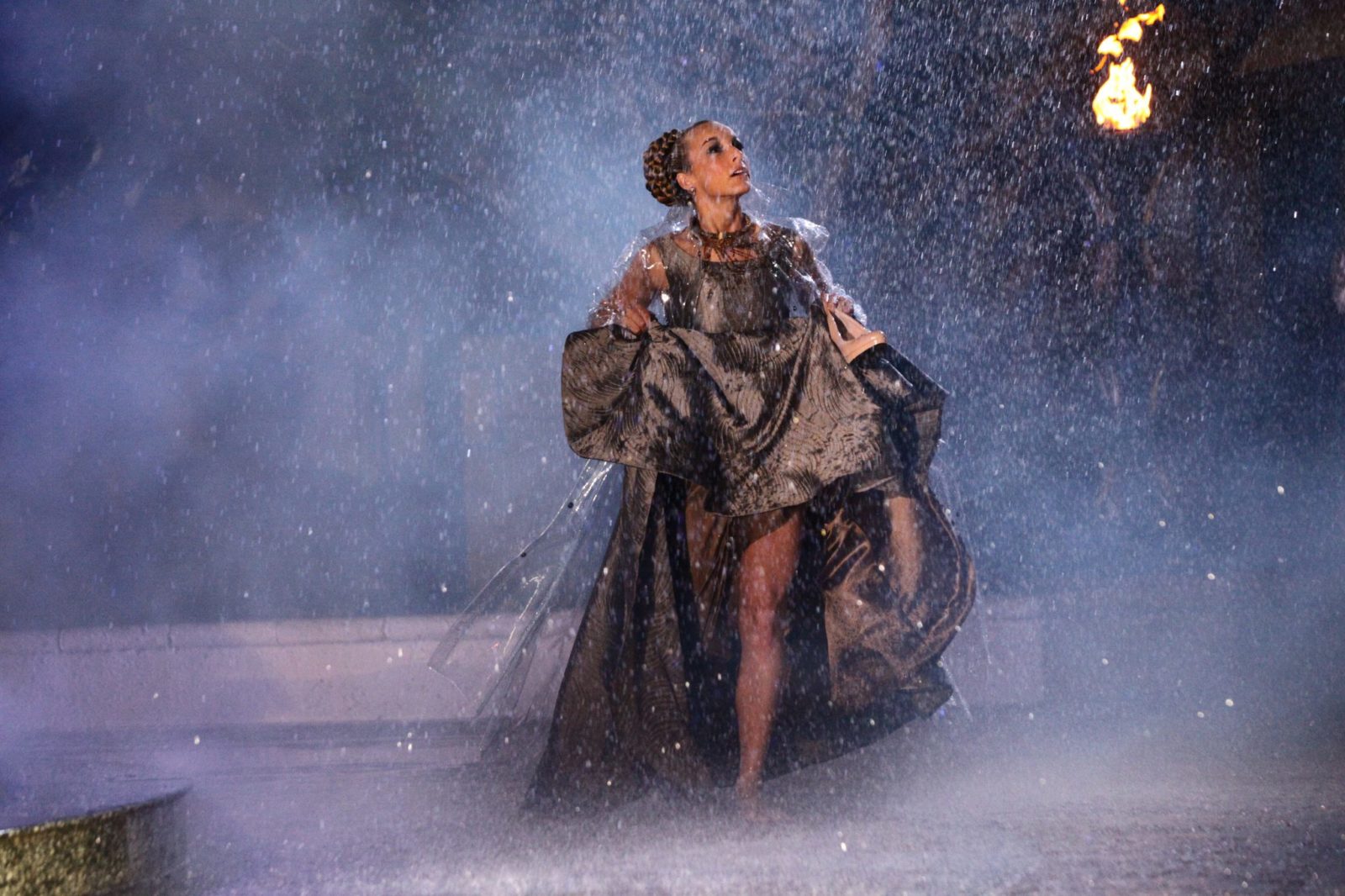Every country in Africa seems to want its share of the fashion business, and forge its own style identity. What better way to do so than with glitzy week-long fashion extravaganzas?
South Africa has always enjoyed a lead in this department. Three of the most popular annual fashion fiestas here are the fashion weeks organized by African Fashion International (AFI), recognized for their association with the Mercedes-Benz Fashion Weeks of New York, Berlin and Miami. AFI puts together three events in Johannesburg and Cape Town, linking a luxury car brand with top fashion.
In addition, the country also hosts the South African Fashion Week, yet another showing of superlative design and talent. With as many fashion-forward events through the year, it is clear they are viable business platforms, particularly for the local designers who get to showcase their collections and be noticed by media and discerning buyers.

“Once the show is over, the buyers, the press and couture clients move on to the next show on their list. The designer goes back to his or her showroom to get ready for the onslaught of buyers,” says AFI spokesperson Nicholas Maweni. One of the designers who has benefitted from these fashion weeks is Abigail Betz. Her three-dimensional opening sequence raised the stakes at the Mercedes-Benz Fashion Week Joburg held in March when South African model Lalla Hirayama appeared dressed like a geisha, complete with milk-white face, bold eyeshadow and pink lips. Her collection had elements of lace, some tartan and dogstooth for the winter jackets. Betz had sold two garments at a special preview for clients even before her collection had graced the catwalk.
Loading...
“I don’t just send things down the ramp that are crazy and ridiculous that I know I can’t sell. Every single piece of fabric that I buy, every month of work, detailing, beading is very carefully thought through. It’s thought through for a very particular client base,” says Betz, who also has clients in Angola, Botswana, Namibia, and overseas. Other designers like Shana Morland of Shana, see the fashion weeks as effective marketing platforms.
“Showing at fashion week allows us to bring our customers and the media into an environment purely created by us to launch our latest range. We are also able to give our customers a great experience of the brand,” says Morland. Though Morland hasn’t shown on international ramps yet, she has overseas clients who visit her stores in Cape Town and Johannesburg.
The fashion industry is indeed a competitive, challenging market. Over the past year, South Africa has seen numerous international brands making their way into the market, raising the competition. Morland says international brands are a threat when it comes to pricing.
“Maintaining a locally-manufactured label adds a lot to the cost, whereas international labels are getting the garments at extremely small costs. Our customers are people who value firstly local design but also the experience they get when walking into our store and having a one-on-one relationship,” says Morland.
Betz says the influx of international brands is actually welcome.
“It’s good for everybody. If we’re not exposed to what other people are doing, we’re just going to become stagnant and get left behind. It’s very important for us to have the stimulation to want to push and move forward. If other big brands are coming in, that’s good,” she says.

Fashion weeks not only benefit organizers and designers. Every show generates its share of part-time jobs for the models, the interns and production companies working directly and indirectly with the event.
“At any stage during the fashion week, there are over 200 people employed and many SMEs supported through the AFI supply chain management,” says Maweni.
Through the partnership with Mercedes-Benz, AFI sends, through an exchange program, some of the designers to other global Mercedes-Benz Fashion Weeks.
Fashion designer David Tlale was the first South African to have a solo show at this year’s Mercedes-Benz Fashion Week New York, Autumn/Winter, after three seasons of installations. Maweni says the global collaboration is a great benefit to the business of fashion and supports a rich territory for brands wishing to associate with luxury, style and design.
Loading...
